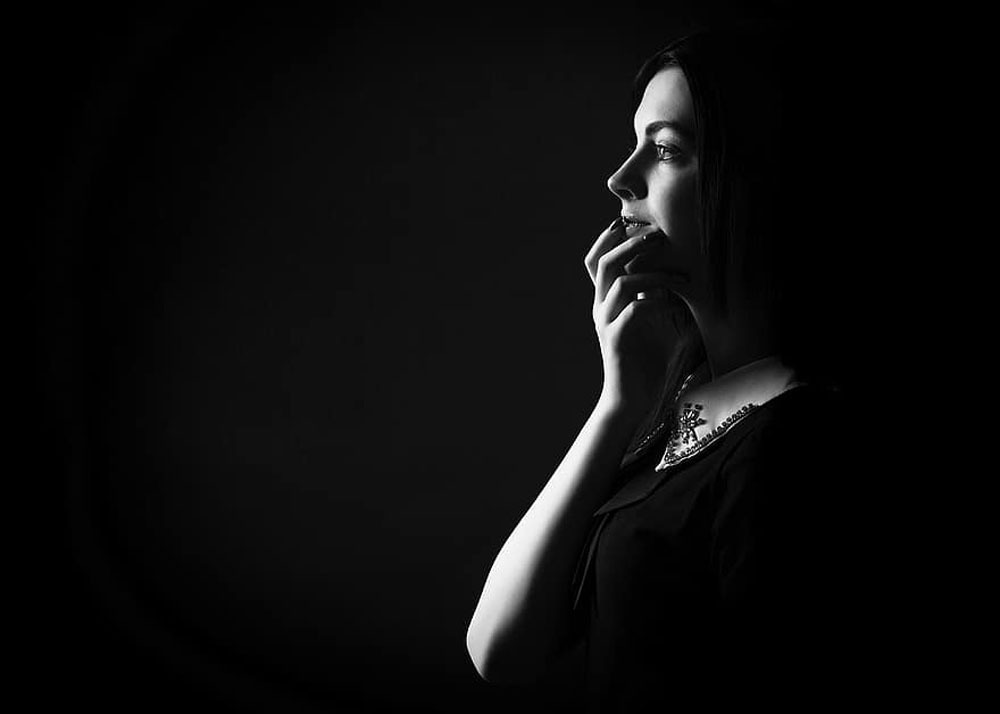
Recently, during a call with a young black nonprofit leader who called to talk about power (because of my book and the times we live in), I noticed that like many other leaders of color I talk with now, the greeting is long as he seeks to convey the balance that is staying aloft in joy in a time when things are falling apart.
“You know, I keep in mind that I am blessed and that we live in very difficult times.”
That’s how we get to a focus on power, the dominating kind being the root of all that is wrong in the world, including the nonprofit sector.
Right after this call, I had another with a colleague who was checking in to see how I was doing. She understands that what we see as wrong in the world—epitomized by a leadership style that is being described as Trumpian, the unabashed dismissal of facts and data, the constant creation of self-serving narratives, the refusal of leaders who can’t lead to step aside—is also in our organizations.
The next day, I came across Aimee Meredith Cox’s piece, “No, I Am Not OK,” in which she wonders, in response to someone asking if she’s okay, “Are any of us OK right now?” She writes,
I am not OK. We are not OK. To be OK in the midst of devastation is the American way. Resilience is fetishized so we don’t have to question why so many of us—Black, brown, poor, living in the wrong neighborhood or in the wrong body, or on the wrong part of the block—require so much of it while others maneuver incredulously around our open wounds. I am not OK even though the relentless repetition of injury and death can have the effect of bludgeoning me into a numbness that mimics the indifferent state we call alright.…
Sign up for our free newsletters
Subscribe to NPQ's newsletters to have our top stories delivered directly to your inbox.
By signing up, you agree to our privacy policy and terms of use, and to receive messages from NPQ and our partners.
Existing while Black in America has always required that we calibrate “OK” on a different register. I want to make peace with not being OK—because performing otherwise is a dangerous lie that, like a powerful anesthesia, supports the illusion that we can seed change without seeing and feeling everything.
Later on that day, in a conversation with Marianne Hughes, the founding director of the Interaction institute for Social Change, where I once worked, we again go through a noteworthy greeting. As usual, we acknowledge the upside down-ness of the world right now, but (because we social change practitioners have to find the silver lining), she also shares her optimism that white America is finally looking at its shadow.
“It’s in full display,” she says. “Not only in the world, but in our organizations.”
In her experience, “White leaders aren’t even ready to have the conversation. We’re just now acknowledging our shadow. But we need to do this,” she assures me. “We can’t integrate our shadow until we see it.”
For the most part, people of color see your shadow. We have had to learn to move around it, and sometimes we thrive in spite of it. But, no, things are not all right. We would prefer you do something about it. Now.












